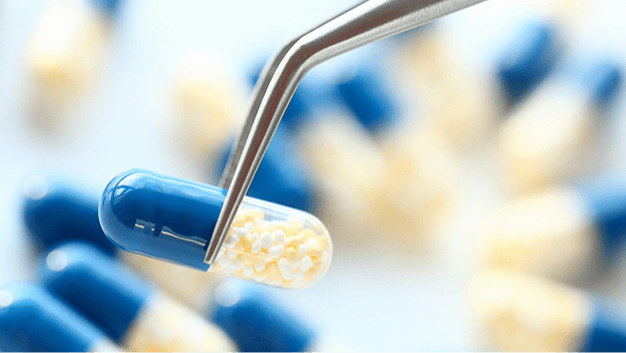
The Changing Biosimilar Landscape
Biologic medications bringing hope to patients suffering from a variety of medical conditions.

Many cutting-edge biologic medications available today bring new hope to patients suffering from a variety of medical conditions including some types of cancers, multiple sclerosis as well as inflammatory diseases like rheumatoid arthritis, Crohn’s disease and psoriasis. However, biologic medications come at a significant cost resulting from complex and costly development and minimal competition. Treating one patient with biologic therapy can cost in excess of hundreds of thousands of dollars per year.
Biosimilars are relatively new to the marketplace. There are over 100 additional biosimilars in development with expansions into new therapeutic areas including growth hormone, infertility, bone health and immunosuppressants.
Coverage of biosimilars under the pharmacy or medical benefit is largely driven by route of administration. Biologics that are infused or injected in the provider’s office or in an inpatient setting are usually covered under the medical benefit for commercial insurers. Conversely, products that can be self-administered by the patient or caregivers are typically covered under the pharmacy benefit.
A recent Evernorth analysis estimates that biosimilar competition can save the United States $225 billion to $375 billion in pharmacy spend by the year 2031. Adoption will require large educational efforts reaching prescribers, pharmacists and patients to assist in capitalizing on the cost savings potential of increased biosimilar utilization.
To read more about this ever-changing landscape, click here.